By Jochen Mitschka.
When NATO was founded 70 years ago, it was directed against Russia and the Soviet Union, and under this threat the Warsaw Pact was founded in the east. It created a balance of terror for decades, leading to a stable peace during the Cold War. Apart from the proxy wars, which are permanent. Thirty years ago, when the people of the Soviet Union no longer regarded NATO and the West as an existential threat but as a promise of prosperity and progress, the Warsaw Pact dissolved and paved the way for lasting world peace. We thought so. But what actually happened?
After a brief period of self-doubt, NATO invented new enemies. There were the terrible despots in countries that could not be controlled by the West, that wanted to massacre their own populations, there were the fearsome terrorists that had to be fought all over the world. And so, year after year, they went into new wars, the USA always ahead, the rest, sometimes reluctantly, but always obediently, behind.
At the same time NATO’s war budget grew every year and every year new countries were added that did not want to belong to the countries outside NATO and were therefore in danger of being attacked at any time if they dared to pursue an independent policy. In addition, there were the West sponsored russophobic politicians in the countries of Eastern Europe, who were installed as belts between Russia and Germany, so that Germany would not have the idea of getting too involved with Russia. The EU was the worm for the population of these countries, and NATO the hook, they just had to swallow it. EU membership without “harmonisation of security policy” was impossible. And so NATO tacitly took over a large part of the foreign policy of the EU.
But now something had happened that had not been expected. There was a president in Russia who not only ended the exploitation of the country by foreign companies, but also put the oligarchs of the country, all of whom had criminally appropriated the country’s values with the help of the West within the framework of wild liberalisation, in their place. Either they paid fair taxes and kept out of politics, Putin threatened, or the state would no longer tolerate them. This is how the saga of the “democratic” oligarchs, who had to flee from Putin, who are democrats acclaimed abroad while they are regarded as criminals in Russia, was born. At the same time, the country developed in a dramatic way.
Economic development has suddenly enabled Russia to rebuild its grounded military capabilities. This then serves as a pretext for NATO today to upgrade even further, to move the participating states even further towards the Russian border. Which logically led to a sense of insecurity in Russia, especially after NATO’s devastating war of aggression against Yugoslavia. Russia had to witness this without being able to do anything, which undoubtedly led to a greater willingness to arm in the country’s politics and among the population.
But NATO, more precisely, the United States and its loyal vassals wanted more. And so came the coup in Kiev in 2014. Richard Sakwa explained how NATO created a “security dilemma”. I say deliberately created. As NATO moved ever closer to Russia’s borders, supposedly to give more security to the countries that had become new parts of NATO, a sense of insecurity was created for Russia. This feeling, explainable from the history of the NATO threat during the Cold War, naturally led to countermeasures. And when they were realized, the NATO protagonists declared, “See, we said Russia is dangerous”. Which then led the USA, and since 3 December 2019 also NATO, to define Russia, and also China, as an enemy, and to demand even higher arms expenditures.
The consequences of NATO’s growth
Anyone can see that NATO’s crazy rearmament programmes have more than defence as their goal. It is still called “military containment” of Russia and China. But this designation can change quickly. And so it is only logical that exactly what happened once under the threat of NATO should happen, namely the establishment of an anti-NATO defence pact. The framework has probably already been created by the Shanghai Cooperation Organisation (SCO). For a long time, the participants refused to be called anti-NATO. But already in the year 2015 it was foreseeable how suddenly, under the impression of the Ukrainian crisis, a dynamic of moving together in the community arose.
Take a look at the graph in Wikipedia, which shows the participating states and cooperating states in order to assess the organisation, which is largely underestimated in Germany (1).
Currently, the SCO represents about 40 % of the world’s population, with several large countries in the starting blocks to apply for membership, making it the largest regional organisation in the world.
There is still no automatic stand-by clause in the treaties if one of the countries is attacked by NATO. But the greater the pressure from NATO, the greater the pressure from countries that want to pursue a policy that is independent of the United States, that wants to preserve their sovereignty, but want to surrender part of their sovereignty to a defence pact. And so the new bloc formation is only a matter of time, with NATO’s policy of expansion and aggression remaining the same. After all, NATO countries have not only attacked declared arch-enemies, but also countries with which they were once allied. Be it Iraq or even Syria at times. And so nobody can feel certain that sanctions, that an economic war, will not suddenly be enforced militarily by a NATO country.
Right now it is clear that NATO can neither be stopped by the UN nor by international law or human rights. NATO country Turkey is waging war against Syria and occupying parts of it, the USA is occupying other parts of the country and stealing the oil. Visual instruction on what happens when you are militarily weak and face the largest military apparatus in the history of mankind, NATO.
How to avoid the next big war?
In principle, there are two ways to avoid a great new war. The first has proved to be working in history. It is the Cold War. In other words, a new Iron Curtain will be raised in the middle of Europe and through the formation of military blocs and simultaneous armament, those countries that do not want to submit to the US empire will have sufficient deterrent potential to prevent NATO from attacking.
This solution has a great disadvantage. It eats up immense resources both in the NATO countries and in the new anti-NATO bloc in the East. Imagine that Germany would follow the demands of the chairman of the Munich Security Conference, Donald Trump and other agitators, and invest 4% of the gross domestic product, more precisely 50% of the total state expenditure, in armaments. Marred schools and roads (except the roads leading east of course), closed swimming pools, closed hospitals, closed bridges, poor and expensive education, cuts in social policy, higher taxes, especially on pensions etc. will be the inevitable consequences.
But there is a second solution. The gradual dissolution of NATO. I am not talking at all about an immediate and complete dissolution, but about a gradual disarmament and dissolution that generates confidence and always entails steps of the potential “opponent”.
Here is an example of the first phase: the withdrawal of Germany and France from NATO. In return, the SCO does not accept any new military partners, i.e. neither Turkey nor Iran. The nuclear weapons of the USA leave Germany, the nuclear weapons of France (the fourth largest nuclear power) are stationed only within France. Russia withdraws all nuclear weapons behind the Urals.
In this or a similar way a gradual demilitarization and disarmament could be agreed upon. What would be the consequence on the side of the countries regarded by NATO as “opponents”?
Now there would be no pressure to move together under a common security umbrella. This would bring old rivalries back to the forefront. China has great interest in Asian parts of Russia, Russia is again a competitor of Iran in the energy business, Pakistan is linked to India by a hereditary enmity that is only slowly fading. And India and China constantly have border disputes, which are kept small only with difficulty under pressure from outside. In other words, the countries NATO sees as opponents would be so concerned with themselves in terms of security policy that no one in NATO would think that they could be a military threat.
Except … Now there is a limitation. If China and Russia cease to be “enemy states” Western states could come up with the idea of trading more and more with these economically aspiring countries, of connecting more and more economically with them. This may be of great benefit to these countries. But not for the powers that currently govern the economies of these countries. And these are globally the USA and within the EU partly Germany.
And here we have the reasons why a solution No. 2 will not be found. The elites in Germany and the USA are not only closely linked, but are also extremely anxious not to lose their economic hegemony over the West. And that is why the German political establishment, no matter which of the so-called “state-supporting parties” one considers, will always prefer solution no. 1. For even if it harms the people of the country, it benefits those who derive unimaginable profits from arms production, and those who earn so unimaginably much wealth from economic hegemony, i.e. the exploitation of other countries, and their own country, that it is almost impossible to count the zeros before the decimal point.
By these aspects one must understand the recent statements of the Minister of Defense Kramp-Karrenbauer and CDU leader, who distinguishes herself by remarks in the direction of solution 1, a new Cold War, and thereby clearly improves her position as a candidate for the inheritance of Chancellor Angela Merkel.
Too bad actually. Because apart from the massive destruction of resources by armaments, the massive armament, with the confrontation, is always connected with the risk of a war not directly “wanted”. And if one knows that the USA wants to build up an automatic missile defence and secondary strike system based on “artificial intelligence”, which practically means a purely software-based dead man’s circuit for the ballistic nuclear missiles, it can only get creepy. And I, as a former project manager of the software industry, and busy in my professional life with quality assurance, hope that the system will only be armed after my death.
Conclusion
In my opinion, it is particularly worthwhile for the younger generation to work intensively for Germany’s withdrawal from NATO. Because they will have to suffer especially from the “burning” of public funds for bombs, tanks, fighter planes … and now also the militarization of the universe. And the bourgeois middle will be consulted as the main payer. Through zero interest rate policy and financial crises inheritances and savings disappear, wages and salaries fall, social benefits sink, “personal responsibility” demands more and more “personal contribution” for studies, in case of illness or old age. At the same time, the tensions and danger of war caused by the insane armor continue to rise.
The climate crisis will then appear only as a secondary problem. And if half of state expenditure is spent on armament, even though we know that armament is the biggest climate and environmental killer there is, any rhetoric of the rulers about the climate crisis and environmental protection will be exposed as a ridiculous farce.
Source:
https://de.wikipedia.org/wiki/Datei:SCO_2017.svg
+++
Thanks to the author for the right to publish the article.
+++
Image source: Drop of Light / Shutterstock
+++
KenFM strives for a broad spectrum of opinions. Opinion articles and guest contributions do not have to reflect the editorial point of view.
+++
You like our program? Information on support options can be found here: https://kenfm.de/support/kenfm-unterstuetzen/
+++
Now you can also support us with Bitcoins.

BitCoin address: 18FpEnH1Dh83GXXGpRNqSoW5TL1z1PZgZK

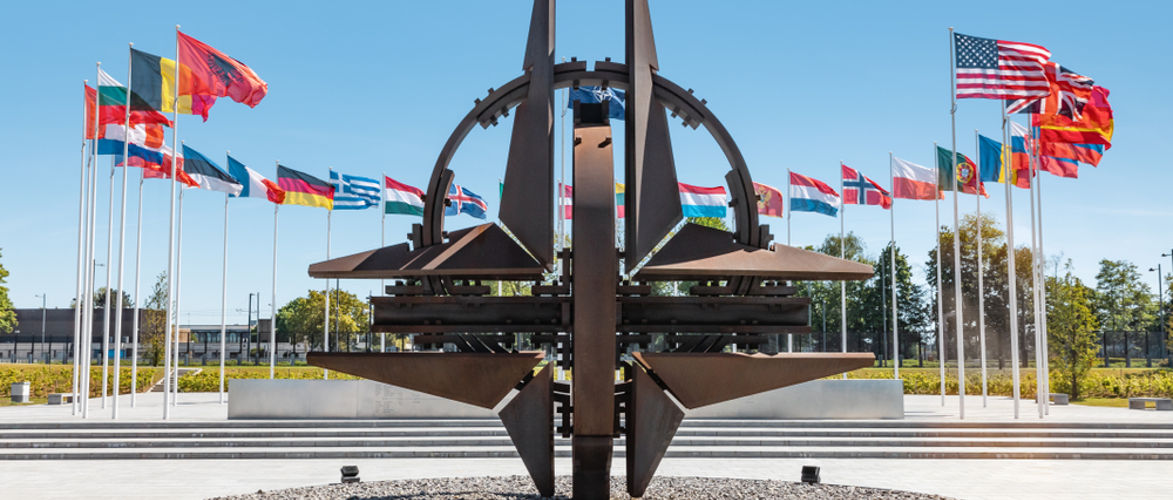
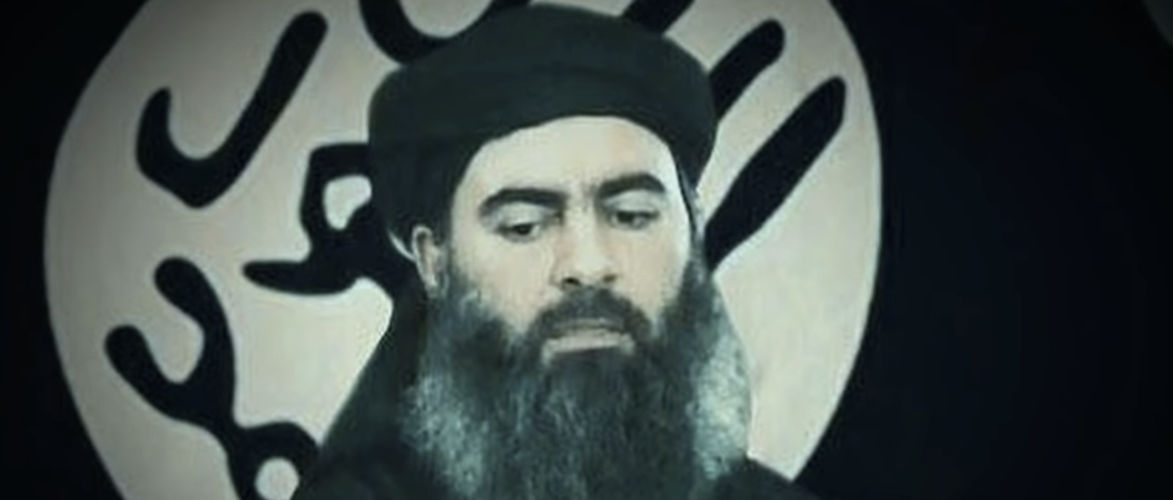

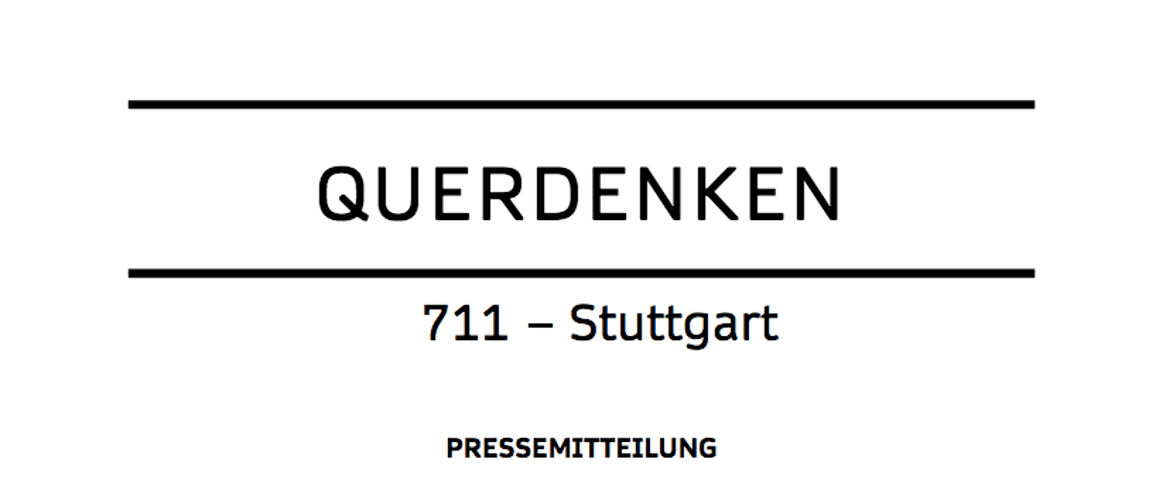


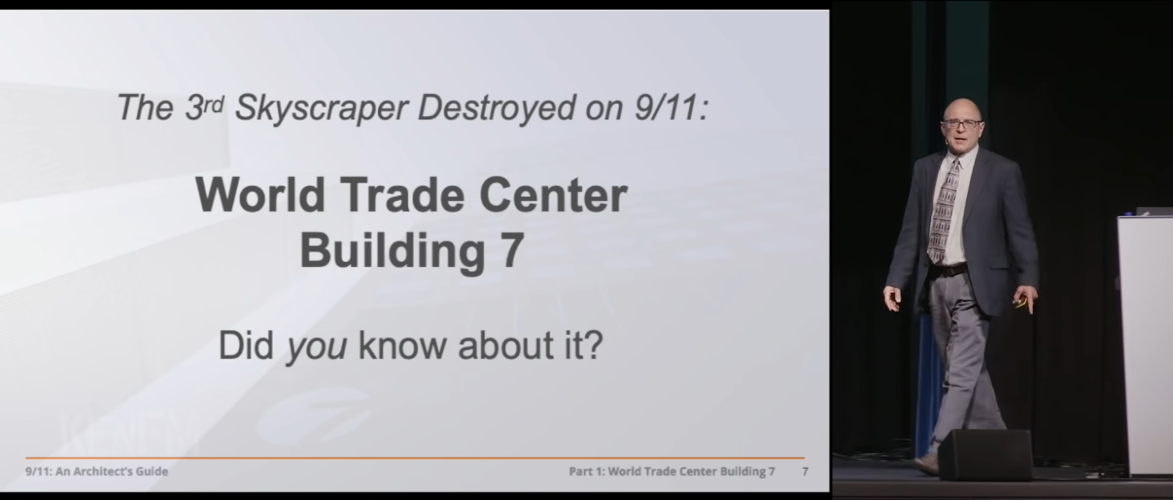
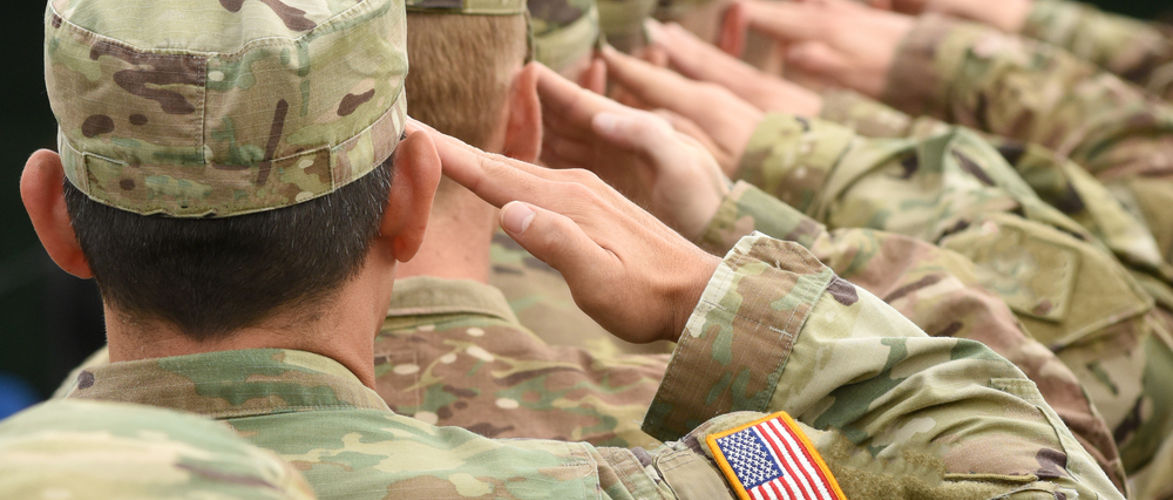
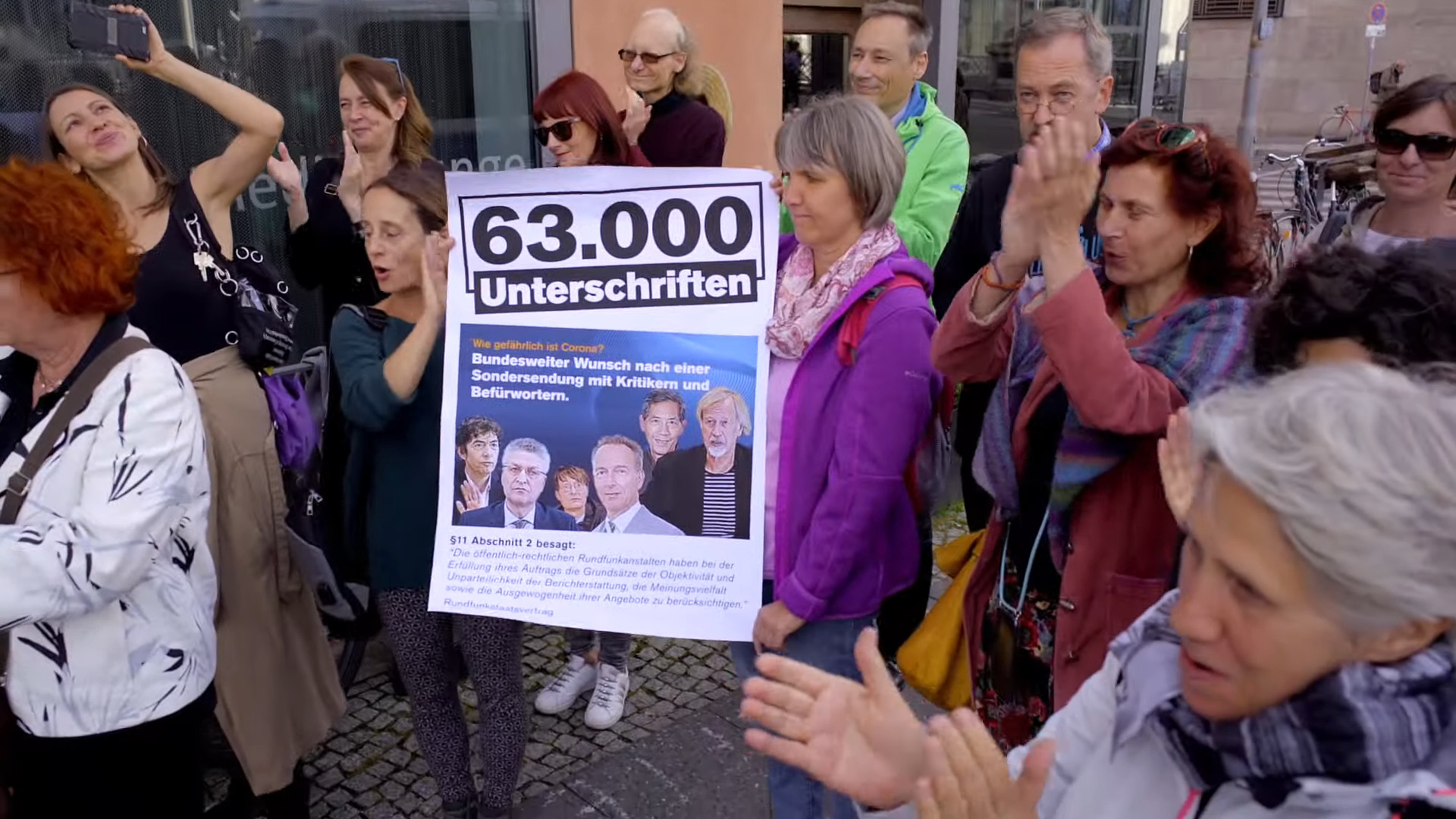
Kommentare (0)